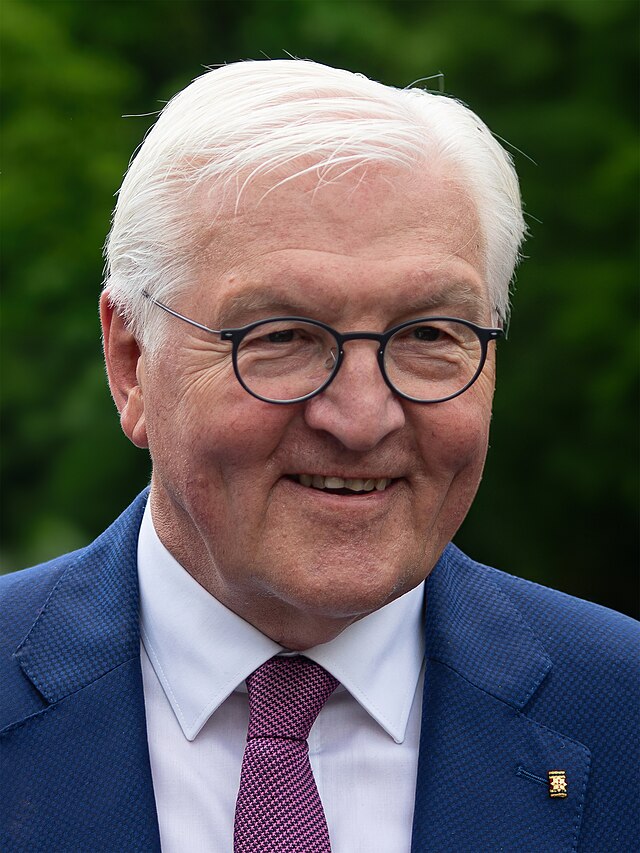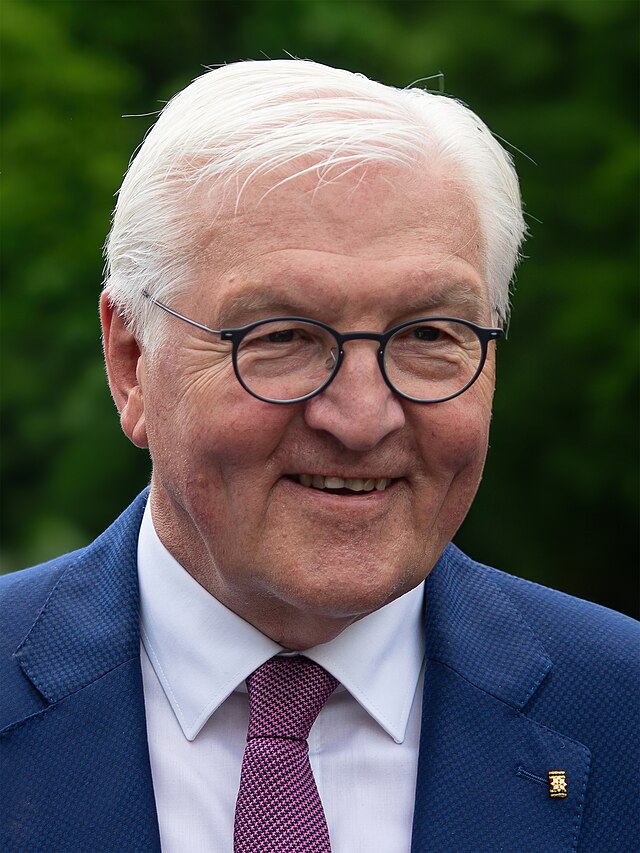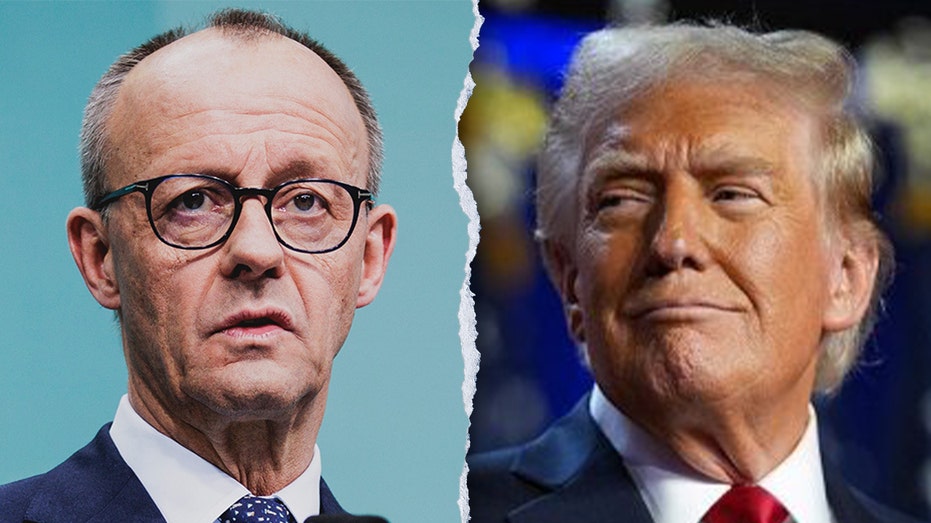
Merz’s Vision for a Stronger Europe: A Strategic Shift from U.S. Dependence
Germany’s chancellor-elect, Friedrich Merz, leader of the center-right Christian Democratic Union (CDU), has expressed a clear intent to prioritize the strengthening of Europe upon assuming office. His remarks come in the wake of concerns over the United States’ commitment to European interests, indicating a potential shift in longstanding political dynamics.
Reaffirmation of European Independence
“I never thought I would have to say this on a television program, but after Donald Trump’s recent remarks… it’s clear that this administration does not prioritize Europe’s future,” Merz stated during a recent interview. “My main objective will be to reinforce Europe as quickly as possible so that, step by step, we can achieve true independence from the U.S.”
Merz’s assertions are a stark reflection of growing sentiments among European leaders who feel that the strength of the U.S.-Europe alliance may be waning. The comment underscores a pivotal moment as Merz positions his leadership with an emphasis on European autonomy, particularly in defense capabilities.
Potential Shift in U.S.-Europe Relations
Considered a strong Trans-Atlanticist, Merz’s remarks signify an important potential recalibration of the U.S.-Europe relationship that has shaped global dynamics since the end of World War II. His clear push for greater European autonomy could initiate discussions about the efficacy of traditional alliances, especially in light of the upcoming NATO summit scheduled for June.
In this context, Merz cautioned about the uncertainty surrounding NATO’s future, proposing that European nations must “rapidly develop an independent European defense capability.” This call to action indicates a desire for a restructured defense model that positions Europe to operate with less reliance on U.S. military support while maintaining its security.
The U.S. Response
On the other side of the Atlantic, Mike Waltz, serving as Trump’s national security advisor, reaffirmed the United States’ dedication to NATO. He stated, “We fully support our NATO allies. We fully support the Article 5 commitment.” However, this endorsement comes with a caveat that European nations must be prepared to “take more responsibility for their own defense.”
This remarks mirror Trump’s previous calls for increased defense spending by European allies, emphasizing a recurring theme in U.S. foreign policy that places the onus of defense sustainability on European countries.
Concerns Over U.S. Military Presence in Europe
As the discussions regarding NATO persist, concerns regarding the future of U.S. troop deployments in Europe have surfaced. Secretary of Defense Pete Hegseth confirmed earlier this month that while there are no immediate plans to withdraw U.S. forces, NATO allies should not presume that “America’s presence will last forever.”
This growing concern underscores the shifting nature of military alliances and the long-term implications for European security structures. As European nations like Germany consider their defense strategies, they must evaluate their positions in an evolving geopolitical landscape.
Uncertainties Surrounding U.S. Relations With Russia
European leaders are also grappling with the need for a coherent foreign policy strategy from the Trump administration concerning Russia. Recent tensions have amplified following Trump’s conversation with Russian President Vladimir Putin. This was compounded by a meeting involving Secretary of State Marco Rubio and his Russian counterpart in Saudi Arabia, stirring anxiety within European circles about Washington’s intentions.
Reports suggest that the U.S. is exploring avenues for restoring diplomatic ties with Moscow, raising red flags among European allies who remain cautious about any perceived shifts in policy. The repercussions of Trump’s critical remarks regarding Ukrainian President Volodymyr Zelenskyy have already elicited strong responses internationally, particularly concerning the U.S. stance on negotiating a peace deal in the ongoing conflict between Russia and Ukraine.
Merz Reaffirms Support for Ukraine
Amidst these geopolitical currents, Merz has reaffirmed Germany’s unwavering support for Ukraine. In a statement, he reflected on the ongoing conflict:
“Three years of Russian war of aggression against [Ukraine]. Three years of war in Europe. For three years, we have witnessed the destruction and war crimes. Europe remains firmly on Ukraine’s side. Now, more than ever, we must put Ukraine in a position of strength. A just peace can only be achieved if the attacked country is part of the peace negotiations.”
With these declarations, Merz is not only addressing immediate geopolitical concerns but is also striving to reestablish Germany’s influence on the European stage as countries reassess their defense strategies in the light of fluctuating U.S. policies. The interplay between European unity and the search for autonomy from U.S. influence is increasingly becoming the focal point of European diplomacy in a rapidly changing world.
The Path Forward
As Friedrich Merz steps into his role, the journey toward achieving greater European independence from U.S. influence presents both challenges and opportunities. His proactive stance could signal a critical turning point in European politics, one that may redefine alliances and security frameworks globally. The concrete actions taken in the coming months will be pivotal as Europe navigates the backdrop of U.S. foreign policy and its implications for international relations.
In conclusion, the future of U.S.-Europe relations remains uncertain, but with leaders like Friedrich Merz advocating for strong European unity and autonomy, the landscape may shift significantly in the near future.


















